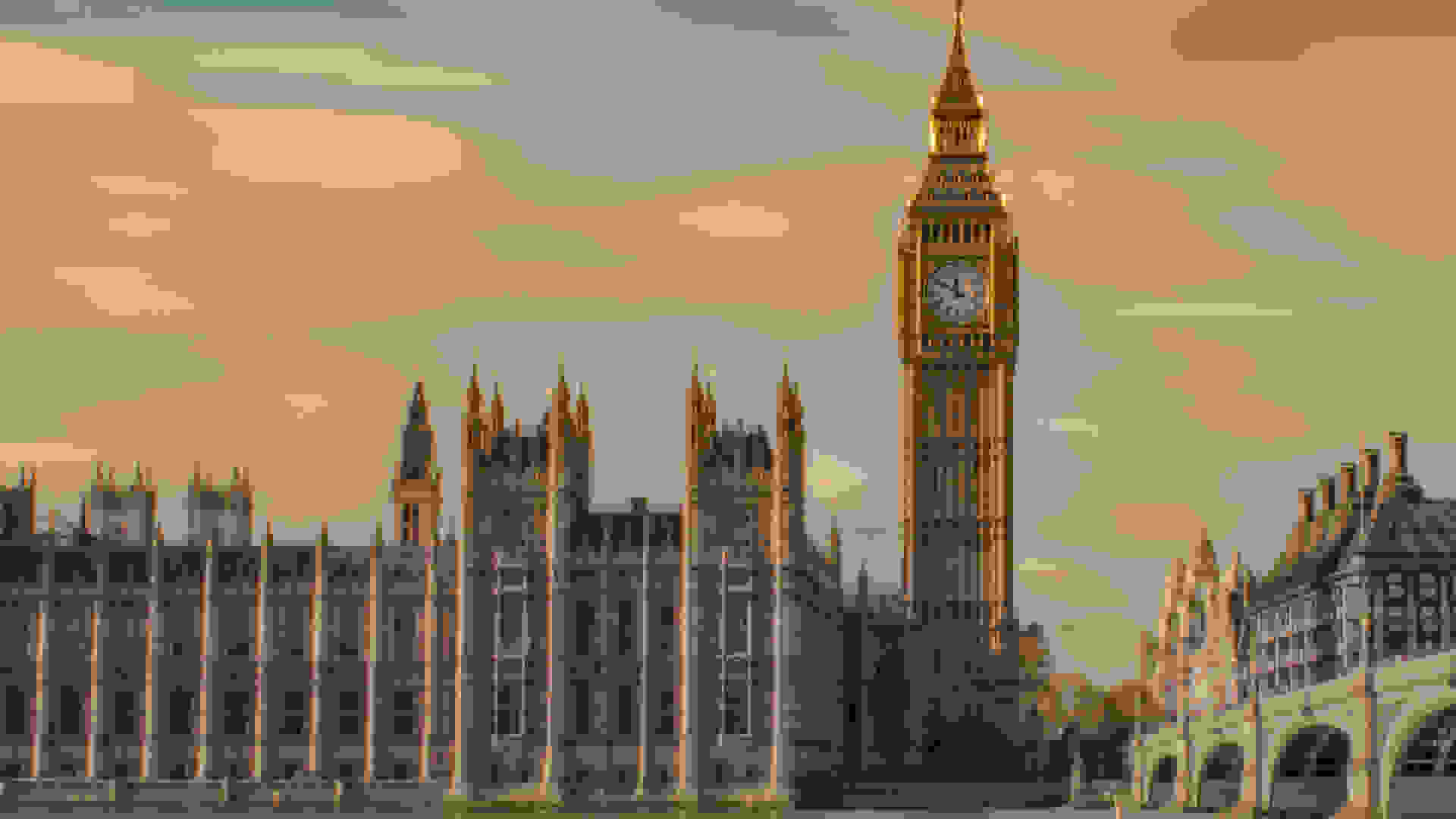| 27-29 September 1949 | Sterling devaluation | Domestic | Both |
| 12-19 September 1950 | Korean War and National Service Bill | International/ Legislation | Both |
| 4 October 1951 | Prorogation and dissolution | Procedural | Both |
| 12-14 September 1956 | Suez crisis / Cyprus | International | Both |
| 18 September 1959 | Prorogation and dissolution | Procedural | Both |
| 17-23 October 1961 | Berlin crisis | International | Both |
| 25 November 1963 | Death of President Kennedy | Tribute | Lords only (Commons already scheduled to meet) |
| 25 January 1965 | Death of Sir Winston Churchill | Tribute | Lords only (Commons already scheduled to meet) |
| 16 January 1968 | Public spending cuts | Domestic | Commons only |
| 22 January 1968 | Economic policy | Domestic | Lords only (Commons already scheduled to meet) |
| 26-27 August 1968 | Czechoslovakia / Nigeria | International | Both |
| 26-29 May 1970 | Prorogation and dissolution | Procedural | Commons only |
| 22-23 September 1971 | Northern Ireland | Domestic | Both |
| 9-10 January 1974 | Fuel crisis/industrial situation | Domestic | Both |
| 3-4 June 1974 | Northern Ireland | Domestic | Both |
| 1 February 1980 | Judgement (dispute in the steel industry) | Domestic | Lords only |
| 3 April 1982 | Argentina’s invasion of the Falkland Islands | International | Both |
| 14 April 1982 | Argentina’s invasion of the Falkland Islands | International | Both |
| 6-7 September 1990 | Iraq’s invasion of Kuwait | International | Both |
| 24-25 September 1992 | ‘Black Wednesday’ (UK exit from the Exchange Rate Mechanism) and UK role in UN actions re Yugoslavia, Iraq and Somalia | Domestic / International | Both |
| 31 May 1995 | Bosnia | International | Both |
| 2-3 September 1998 | Omagh bombing/Criminal Justice (Terrorism and Conspiracy) Bill | Domestic / Legislation | Both |
| 14 September 2001 | Terrorist attacks in the USA (11 September attack on the World Trade Centre, New York) | International | Both |
| 4 October 2001 | Terrorist attacks in the USA (11 September attack on the World Trade Centre, New York) | International | Both |
| 8 October 2001 | Terrorist attacks in the USA (11 September attack on the World Trade Centre, New York) | International | Both |
| 3 April 2002 | Death of HM Queen Elizabeth the Queen Mother | Tribute | Both |
| 24 September 2002 | Iraq/Weapons of Mass Destruction | International | Both |
| 20 July 2011 | Confidence in the media and police due to phone-hacking scandal/launch of Leveson inquiry | Domestic | Commons only (Lords already scheduled to meet) |
| 11 August 2011 | Public order/riots | Domestic | Both |
| 10 April 2013 | Death of Baroness Thatcher | Tribute | Both |
| 29 August 2013 | Chemical weapons use in Syria, including possible UK air strikes | International | Both |
| 26 September 2014 | ISIL and Iraq/possible UK air strikes | International | Both |
| 20 June 2016 | Death of Jo Cox MP | Tribute | Both |
| 02 June 2020 | Decision on procedures following the expiry of the temporary Orders allowing hybrid proceedings for the Covid-19 pandemic | Procedural | Commons only |
| 30 December 2020 | European Union (Future Relationship) Bill | Domestic / Legislation | Both |
| 06 January 2021 | Emergency public health regulations to tackle the Covid-19 pandemic | Domestic/Legislation | Commons only (Lords already scheduled to meet) |
| 12 April 2021 | Death of HRH The Prince Philip, Duke of Edinburgh | Tribute | Commons only (Lords already scheduled to meet) |
| 18 August 2021 | Withdrawal of troops from Afghanistan | International | Both |

